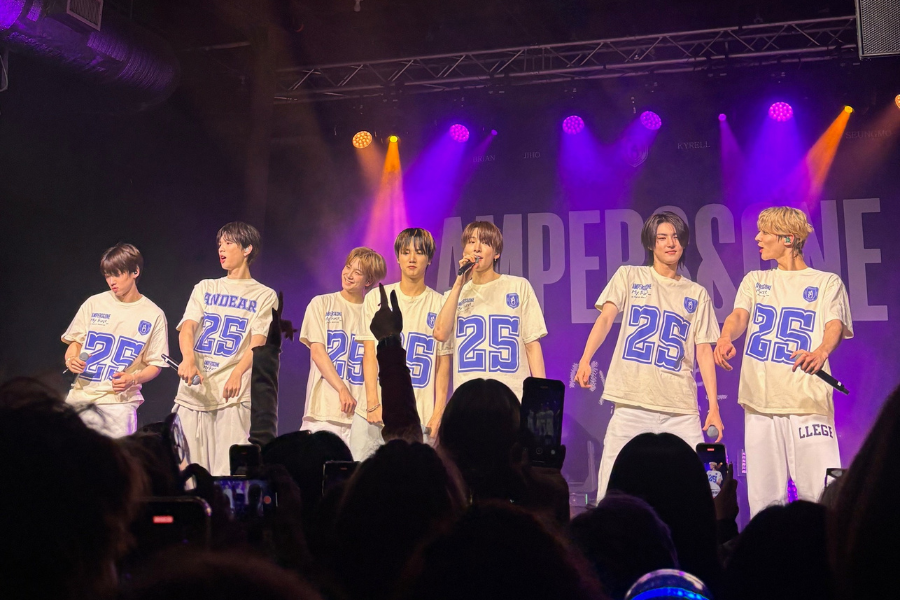Dude, Where’s My Internet?!

September 26, 2014
Net Neutrality is defined as “the principle that Internet service providers should enable access to all content and applications regardless of the source, and without favoring or blocking particular products or websites.” Under new Net Neutrality laws under consideration by the FCC after a court ruling in favor of cable companies on this issue. If Net Neutrality is struck down by the cable companies, these companies would be able to charge websites to bring their data to customers, and have the power to slow, and even block access to websites that don’t pay them a premium. They would even be able to charge you to use specific websites like cable companies charge for specific channels.
This would not simply be an inconvenience to internet users, it would effectively be the death of the internet as we know it. An example of the power cable companies would wield is an instance several years ago when, during a dispute between a Canadian telephone company and a workers union, all access to the union website was blocked by local internet providers. Or picture yourself trying to download a new start-up music app and finding that the internet won’t allow you to visit that app’s page because Spotify has paid your internet providers not to allow viewing of their competitors.
Perhaps among the splendors of corporate wealth and power, the big-wigs running these cable companies have lost touch with the wants of us plebeians. After all, who needs happy customers when you have monopolies? Of course they’re not worried about our only true, guaranteed power, the ability to choose our representatives. In fact, between spending over $19 million in lobbying and golf games between the president of Comcast and president Obama, the interests of cable companies better represented in the government than those of our entire state.
Likewise, the end of Net Neutrality would lead to to the rise of internet monopolies, as the speed/data allowance advantages between a rich company such as Netflix and it’s competitors would soon create a gap insurmountable to anyone who wished to compete. Eventually, these competitors would fall away, having lost their customers to slower speeds, low data caps, and limited show lists because the company gave the majority of it’s budget to Comcast simply for the privilege to exist.
This kind of occurrence underlines one of the biggest impacts the end of Net Neutrality would bring: the end of the internet as a free market. Ever since the founding of our country, one of the prime, archetypal ideals of our country is the idea that any upstart business, with a good idea, savvy, and ingenuity can make it in the world. It’s the fundamental difference between the internet and the real world of business. Any new, innovative app or website can skyrocket into the limelight seemingly overnight and become the new fad. It’s how Facebook overtook MySpace, Twitter overtook Facebook, and Netflix overtook TV, and most of our lives. Sadly, however much we love the open and free market, in reality the “level playing field” of said free market is about as even as the moon. These companies are doing their best to kill the last bastion of truly fair competition. The end of Net Neutrality is the end of internet innovation.
We cannot allow this to happen. The internet itself is a miracle of innovation, and promotes innovation in the best interest of us, the consumers. The corporate world seeks to end that, and bring the world of crushing monopolies to darken the digital sky. It is high time that the interests of the people was considered. The good of the many outweighs the good of the few, or the one.






























